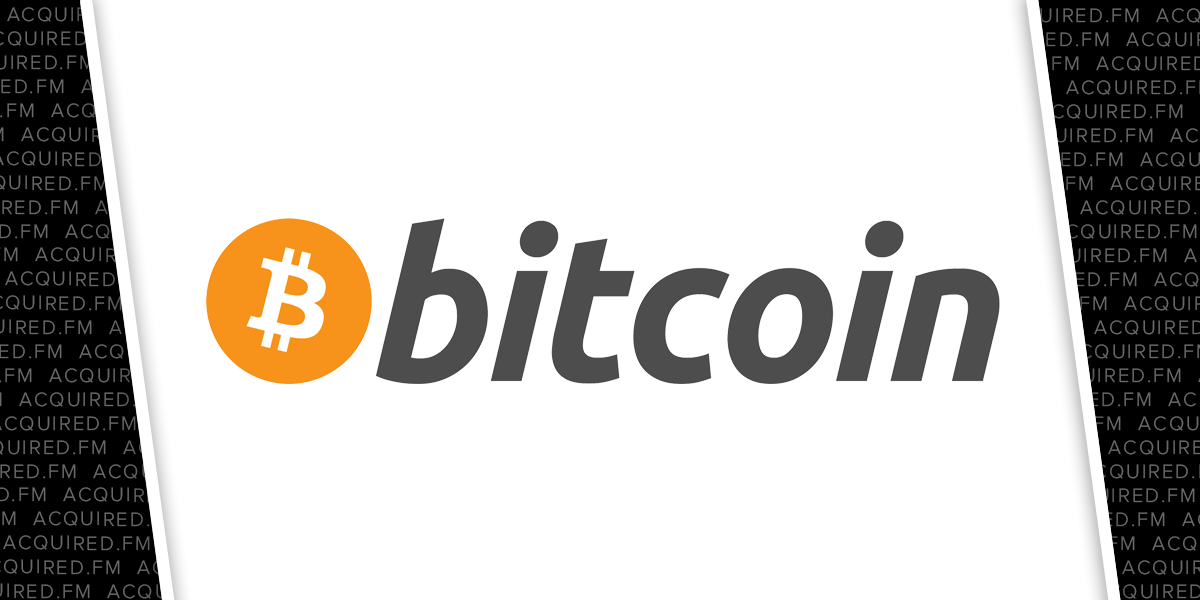Ethereum futures trading has become one of the most popular ways for crypto investors to gain exposure to Ether (ETH) price movements without directly owning the asset. As a form of derivative contract, Ethereum futures let traders speculate on future prices, manage risk, and even earn profits during volatile market conditions.
Understanding Ethereum Futures Contracts
Ethereum futures are agreements between two parties to buy or sell Ether at a predetermined price on a future date. These contracts are traded on both traditional platforms like the Chicago Mercantile Exchange (CME) and crypto exchanges such as Binance, Kraken, and Bybit.
These contracts mirror the underlying price of ETH, and when the contract expires, the difference between the contract price and the actual ETH price determines the trader’s profit or loss. Ethereum futures were first introduced on CME in 2021, following the success of Bitcoin futures in 2017.
Also read: Can You Stake Bitcoin? Here’s How BTC Holders Earn Yield Without PoS
Types of Ethereum Futures Contract
There are two main types of Ethereum futures you’ll find across different platforms:
1. Standard Futures Contracts
These contracts have a fixed expiration date and are often settled quarterly. Platforms like CME, Binance, and Bybit offer these contracts to allow structured trading with known terms.
2. Perpetual Futures Contracts
Popularized by crypto exchanges, perpetual futures have no expiry date. Instead, they settle periodically, such as every 8 hours on Bybit, based on funding rates. These contracts allow continuous exposure to Ethereum’s price movement.
Benefits of Trading Ethereum Futures
Ethereum futures offer several advantages over traditional spot trading:
- No need to own ETH: You can speculate on Ethereum’s price using fiat currency.
- Flexible strategies: Futures allow short selling and leveraged trading, which can amplify profits.
- Access to regulated markets: Platforms like CME offer regulated exposure to crypto.
- Portfolio hedging: Futures are useful for institutional and retail investors to hedge ETH positions.
Risks of Ethereum Futures Trading
Despite the benefits, Ethereum futures come with considerable risks:
- Leverage risk: While leverage can boost profits, it can also amplify losses.
- No asset ownership: Traders don’t qualify for ETH-related perks like forks or airdrops.
- Complexity: Futures trading can be technical and may not suit beginners.
- Higher barrier to entry: Regulated platforms may have stricter requirements for participation.
Ethereum Futures vs. Ether Futures: Is There a Difference?
There is no difference between Ethereum futures and Ether futures. The terms are used interchangeably, though technically Ether (ETH) is the cryptocurrency and Ethereum is the blockchain network that supports it.
Should You Trade Ethereum Futures?
Ethereum futures provide a powerful tool for traders and investors to profit from ETH price movements, hedge risks, or diversify their strategies. However, this form of trading is not without its downsides—especially for those unfamiliar with the risks of leveraged positions.




